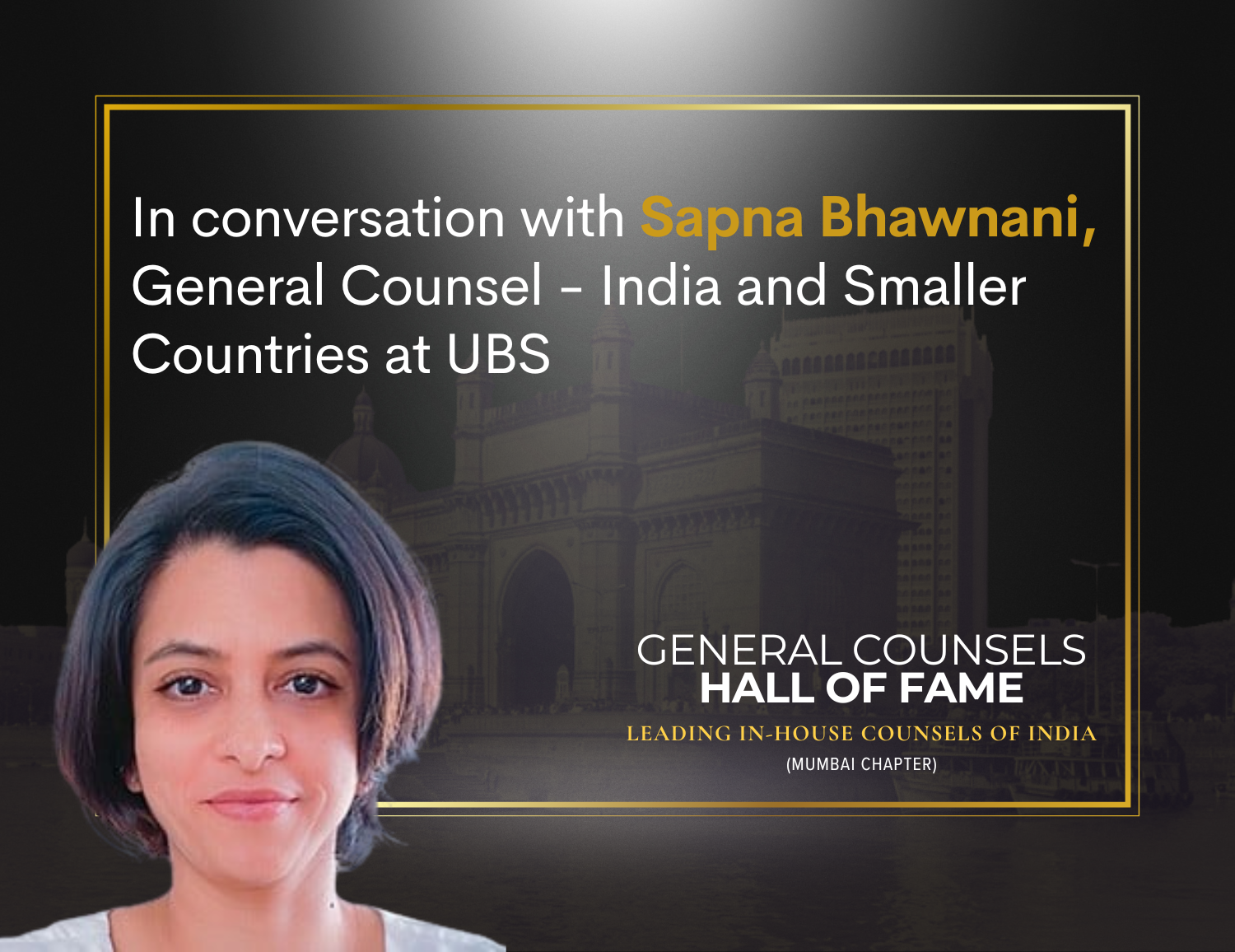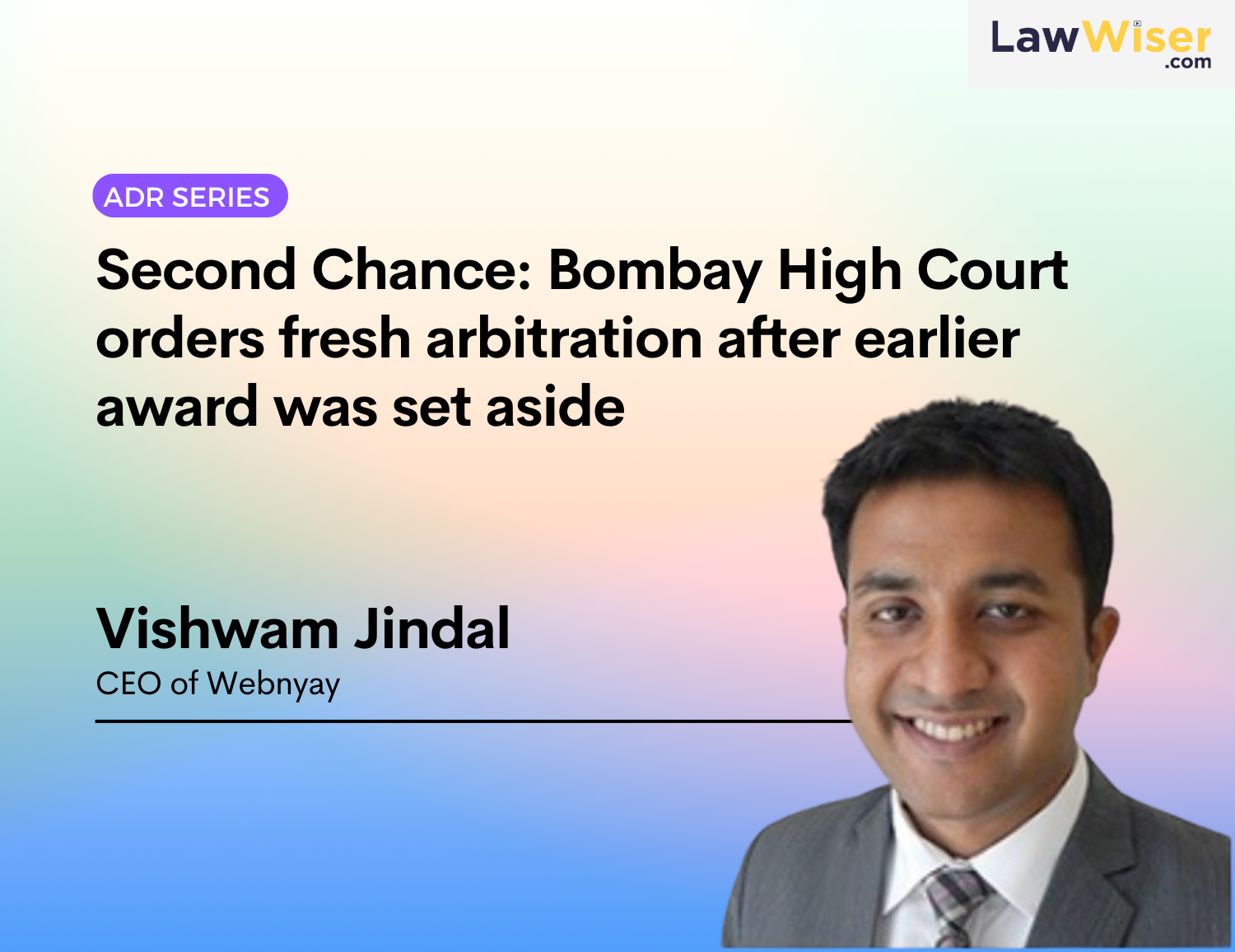Sapna Bhawnani is at
Previously viewed as a department solely focused on expenses, legal teams have undergone a significant shift. What are the key factors that have propelled legal teams from a cost centre to a strategic partner within organisations?
While there are several reasons/ factors that can be listed for this change, some of the key factors in my view are:
- Increased regulatory complexity and risk management
- Corporate Governance and ethics
- Strategic business alignment and stakeholder management
- Technological advancements coupled with cost management and efficiency.
With some of the industry’s most transformative trends posing serious legal questions and risks — particularly those related to regulatory compliance — top executives now need general counsel seated at the decision-making table and fully aligned with all areas of the organization.
Can you share a specific instance where your legal expertise significantly influenced a crucial business decision, and what was the outcome of that decision for the company?
We have recently undergone or rather are still undergoing the first of its kind legal integration. Credit Suisse has been acquired by UBS and I have been instrumental and also technically led the legal integration in India and South East Asia for Credit Suisse and UBS. I’m a former Credit Suisse employee who has been retained by UBS. Amongst other things, I have played a key role in walking regulators through the minutest detail on the uniqueness of the acquisition and its impact on Credit Suisse’s bank branch in India and various other Indian legal entities including the licenses held by each of the entities and bank branch. Further, very intense coordination with the regulators and ministry of finance and external law firms was required. The extensive involvement at my end along with being in control of the processes as well as supervising the integration has led to success in receipt of all the relevant licenses for UBS in India.
Throughout your career, you have undoubtedly interacted with numerous influential individuals. Can you highlight a particularly memorable or impactful interaction that has shaped your approach to your role as a general counsel?
One of the most memorable interaction that I recall was a few years ago at a Senior Legal leadership forum, where one of the senior partners of a law firm was a panelist and she mentioned that one of the key mantras to success isn’t doing everything yourself, but to delegate work which can be delegated, including regular chores like cooking or attending every work call. One needs to be able to assess what jobs can be done by juniors or other staff and pick and choose where our expertise is required.
With the increasing complexity of regulations and compliance requirements, how do you ensure that your legal team stays ahead of the curve and effectively manages the legal risks for your organisation?
The role of general counsel is not impervious to the tidal wave of emerging technology. Tech savviness is now viewed as a must-have skill, and therefore the legal team now uses digital technologies to a significant degree and also ensures that we are signed up to the relevant tools and email alerts highlighting any reform or amendment to statues and regulations as well as important case laws.
In today’s global business environment, cross-border transactions and international collaborations are common. Can you discuss a major international project or joint venture you were involved in and the legal challenges you faced and overcame during that process?
Majority of the work I cover is cross border and also my role spreads across multiple jurisdictions. Given the sensitive nature of the transactions that we cover – I will not be in a position to discuss the projects, however, the global merger that we have come out of is a classic example of cross border collaboration and transaction.



 September 24, 2024
September 24, 2024








 February 13, 2026
February 13, 2026 0 COMMENTS
0 COMMENTS


